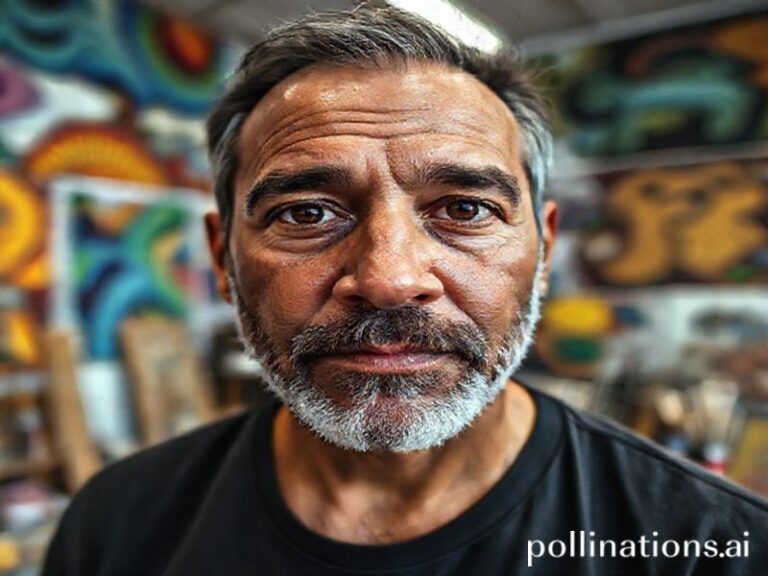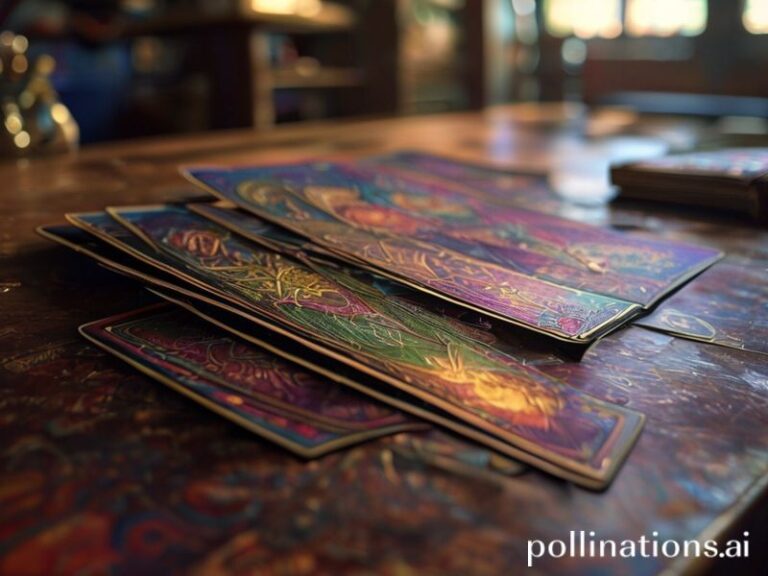Kumail Nanjiani: Pakistan’s Accidental Cultural Ambassador Conquers Hollywood One Joke at a Time
**The Accidental Diplomat: How Kumail Nanjiani Became Pakistan’s Most Effective Cultural Export (Whether He Wanted To Or Not)**
*From Dave’s Locker International Bureau*
Kumail Nanjiani’s journey from Karachi to Silicon Valley’s favorite everyman represents perhaps the most successful soft-power operation Pakistan never intended to launch. While diplomats in Islamabad wrestle with geopolitical headaches and IMF negotiations, a mild-mannered comedian from their former capital has accomplished what decades of public relations campaigns couldn’t: making Pakistani identity palatable to Western audiences without requiring them to understand cricket or the difference between Sunni and Shia Islam.
The cosmic joke, of course, is that Nanjiani achieved this cultural détente by playing exactly the kind of character Hollywood loves—a slightly awkward, thoroughly Americanized immigrant who just happens to have brown skin and a name that makes casting directors break into cold sweats. His breakthrough role in “Silicon Valley” as Dinesh Chugtai, the Pakistani programmer with questionable moral fiber, managed to humanize a demographic previously relegated to terrorist #3 or convenience store owner with suspicious opening hours.
But Nanjiani’s real diplomatic coup came with “The Big Sick,” a romantic comedy that somehow convinced American audiences that Pakistani Muslims have complex inner lives, loving families, and the capacity to date white women without honor-killing anyone. Revolutionary stuff, apparently. The film grossed $56 million worldwide—roughly the cost of three F-16s, but with significantly better returns on investment for international relations.
The global implications of Nanjiani’s success ripple outward like a stone dropped in increasingly murky waters. In an era where Muslim identity has become a political football kicked between competing narratives of terrorism and victimhood, his very existence as a successful, secular, married-to-a-white-woman Pakistani comedian challenges the binary thinking that dominates international discourse. He’s simultaneously too Muslim for some Americans and not Muslim enough for some Pakistanis—a position familiar to anyone who’s ever tried to exist between cultures while maintaining sanity.
His recent physical transformation for Marvel’s “Eternals” sparked its own international incident of sorts, with South Asian social media oscillating between pride at one of their own achieving superhero status and concern that he’d succumbed to Hollywood’s obsession with abdominal muscles. The controversy revealed more about global body image issues than anything else—apparently, we want our cultural representatives to succeed, but not too much, and certainly not at the expense of looking like someone who might actually eat biryani.
The broader significance lies not in Nanjiani’s individual achievements but in what he represents: the growing irrelevance of national boundaries in determining cultural influence. While traditional powers invest billions in cultural diplomacy—Confucius Institutes, British Council outposts, Alliance Française centers—Nanjiani has accomplished more for Pakistan’s image through HBO subscriptions and Netflix algorithms than any government-sponsored initiative could manage.
His success also illuminates the changing nature of diaspora identity in an increasingly connected world. He belongs to that peculiar tribe of global citizens who can navigate multiple cultural contexts while fully belonging to none—a UN passport for the soul, if you will. This fluid identity, once a source of alienation, has become a superpower in the streaming age, where authenticity is measured not by purity but by the ability to translate between worlds.
As international borders harden and nationalism surges from Washington to New Delhi, Nanjiani’s career serves as a reminder that culture refuses to respect passports. His very existence—Pakistani-born, American-made, globally consumed—represents the kind of soft power that no amount of military spending or diplomatic maneuvering can manufacture. In a world obsessed with walls, he’s built bridges through punchlines.
The joke, ultimately, is on everyone who thought cultural influence required government approval or official sanction. While diplomats attend receptions and issue statements, Kumail Nanjiani has been conducting his own foreign policy—one joke, one role, one Marvel movie at a time. The results suggest he might be the most effective ambassador Pakistan never appointed, proving that sometimes the best diplomacy happens when nobody’s trying to be diplomatic.







